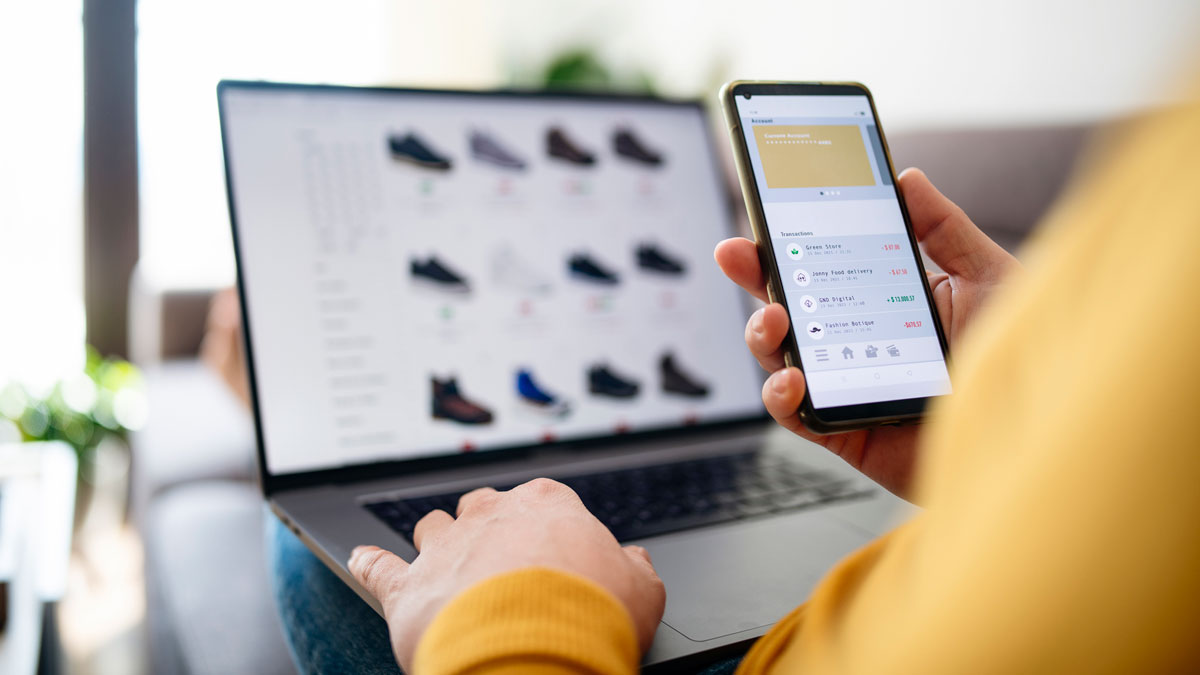Get our independent lab tests, expert reviews and honest advice.
Unfair business practices are illegal elsewhere – why not in Australia?

Need to know
- Unlike many countries, there are no laws in Australia requiring businesses to treat customers fairly
- A consultation process is underway to enact legislation that would change this
- CHOICE is campaigning to stamp out unfair trading practices
You might assume there’s a law somewhere that requires businesses to treat customers fairly. That’s the case in many countries, including the UK, US and the EU. But in Australia there is no such law.
CHOICE is campaigning to stamp out unfair trading practices, which come in many forms.
For instance, have you ever had trouble trying to cancel an online subscription? There is no specific law saying online businesses have to make this easy. And of course the business reaps the benefits if you just give up and keep on paying.
We say it’s unfair for a business throw up obstacles or make the process difficult, but that’s just one of the ways in which businesses are able to act unfairly in Australia.
Consumer groups welcome progress
Now the federal government has begun a consultation process to enact legislation that would plug the gaps in consumer protection laws that make these unfair practices possible, a move that’s been widely welcomed by consumer advocacy groups.
“We’re pleased to see progress on banning unfair business practices,” says CHOICE senior campaigns and policy adviser Alex Soderlund. “CHOICE has been calling for this reform for years.”
CHOICE has been calling for this reform for years
Alex Soderlund, CHOICE senior campaigns and policy adviser
“Unfortunately, we’ve recently seen yet more examples of unfair business practices, ranging from businesses making it extremely difficult to unsubscribe from an online service, to companies using aggressive sales tactics to sell unaffordable, poor-value products to people living in remote Indigenous communities.”
Consumer Policy Research Centre CEO Erin Turner has also welcomed the news, saying the consultation can help bring about a much-needed change to our consumer laws.
We have lagged when it comes to stopping [businesses] from treating customers unfairly
Erin Turner, CEO, Consumer Policy Research Centre
“We have protections to stop businesses from lying to customers, but we have lagged when it comes to stopping them from treating customers unfairly,” says Turner.
Consumer Action Law Centre CEO Stephanie Tonkin says her organisation’s frontline services see the “harms caused by unfair trading practices” every day.
Consumers need extra protections in the cost-of-living crisis
Stephanie Tonkin, CEO, Consumer Action Law Centre
“Consumers need extra protections in the cost-of-living crisis. Vulnerabilities are being heightened and unfair trading practices are exacerbating the situation. Urgent reform is needed now,” says Tonkin.
Unfairness can be hidden
Subscription traps are just one example of unfair trading. Others are harder to detect.
Targeted pricing
It’s well known that businesses collect data on their customers, but what if they then use this data to set pricing, and to charge customers more if the data indicates they might have more money? Unfair? Yes. Illegal? Probably not.
Limited contact
And what about the matter of actually being able to contact the businesses you’re transacting with? If there’s a chatbot but no phone number or other contact details, is that fair?
During a cost-of-living crisis, it’s especially crucial that we stamp out unfair business models and practices that cost people time and money
CHOICE senior campaigns and policy adviser Alex Soderlund
Extended warranties
Extended warranties are another area that’s rife with unfairness. In a national survey we conducted earlier this year, seven out of 10 Australians said they thought paying for an extended warranty gave them rights above and beyond the Australian Consumer Law.
This is not the case, yet retailers continue to flog extended warranties at point of sale, unfairly separating shoppers from their money and potentially charging them for protections they already have by right.
Website ‘dark patterns’
Manipulative website practices that dupe you into paying for something you didn’t intend to buy is another example of unfair trading. These tactics are called ‘dark patterns’ and they’re not hard to come by.
“During a cost-of-living crisis, it’s especially crucial that we stamp out unfair business models and practices that cost people time and money,” Soderland says.
Other unfair businesses practices
- Being offered a free trial and surrendering your credit card details, then being charged without notification when the free trial is over.
- Dealing with a business whose refund policy flies in the face of consumer law, which always supersedes any company policy.
- Buying a tech product that requires software upgrades you have to pay for and that limits the product’s lifespan.
- Paying more as a longstanding insurance customer than you would if you were a new customer.

Other countries have rules
Unlike Australia, countries around the world have taken steps to both define and deter unfair business practices.
In the European Union, the Unfair Commercial Practices Directive (UCPD) protects consumers against businesses that engage in aggressive or misleading conduct, which can include things like confusing people with convoluted information.
Facebook paid €10 million after the Italian Competition Authority determined that third parties had obtained customer data without consent
The UCPD also requires online businesses to reveal to customers when a price is generated by an algorithm based on their online activity.
And businesses caught engaging in such practices in the EU have to pay up. Samsung Italy was fined €975,000 after it used customer data obtained as part of a promotional offer for other purposes.
Facebook paid €10 million after the Italian Competition Authority determined that third parties had obtained customer data without consent.
How the UK reins in Apple, booking sites and ticket resellers
In the UK, a range of legislation protects consumers from unfair conduct, including the Consumer Protection from Unfair Trading Regulations.
The UK Competition and Markets Authority (CMA) has:
- taken action against booking sites Agoda, Booking.com, Expedia, Hotels.com, Trivago and others, requiring them to be more transparent about how commercial relationships with vendors on their websites affect search results, among other things
- forced a number of ticket resellers to put a stop to misleading practices. Viagogo, for instance, was required to make refunds easier and disclose when ticket sellers on its site were resale businesses rather than individual ticket holders
- required Apple to inform customers about how software updates would affect their devices.
In the US, the Federal Trade Commission … required Apple and Google to remove dating apps that allowed adults to contact children
In the US, the Federal Trade Commission Act prohibits “unfair or deceptive acts or practices”, and the FTC has moved against dating services such as Tinder for misleading users and banning them when they dispute charges.
It also required Apple and Google to remove dating apps that allowed adults to contact children.
Australia lacks the regulations that would allow authorities to stop this type of conduct.
ACL hasn’t kept up with ‘community expectations’
When the Australian Consumer Law came into effect in Australia in 2011, it afforded a range of new protections that substantially strengthened the rights of Australian consumers. But since then, especially as online trading has grown, businesses have found ways of staying within the law while still acting unfairly.
That’s why CHOICE is calling on the government to establish new rules that will put a stop to unfair conduct in the consumer marketplace.
“Our laws need to keep up with community expectations. Every day financial counsellors see businesses engaging in unfair practices, but our laws aren’t broad enough to stop them,” says Financial Counselling Australia CEO Fiona Guthrie.
Every day financial counsellors see businesses engaging in unfair practices, but our laws aren’t broad enough to stop them
Financial Counselling Australia CEO Fiona Guthrie
Financial Rights Legal Centre CEO Karen Cox says “there have been many instances of unfair conduct in the areas of credit and financial services. We know from experience that where there are gaps, unscrupulous players will rush in to take advantage”.
Soderlund agrees, saying “nobody likes to feel tricked, trapped, pressured or exploited, but unfair business practices will only continue to proliferate until we close the gaps in Australia’s consumer laws”.





